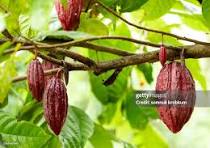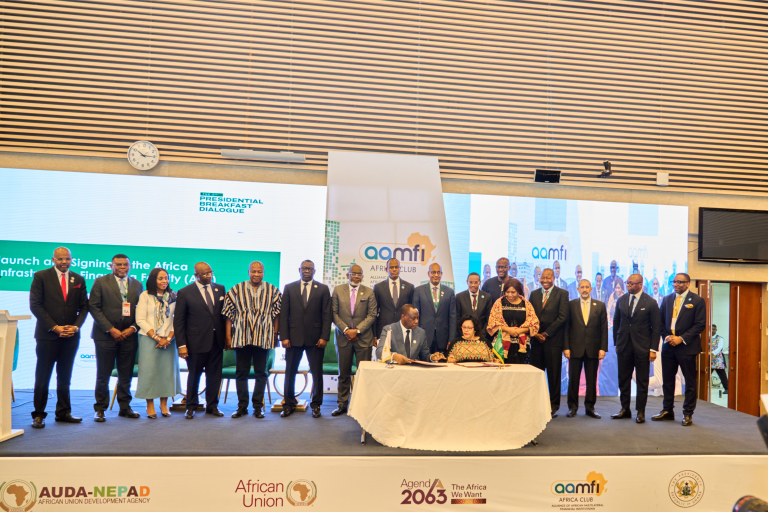By Franco Macchiavelli
Market Analyst at Admirals and Certified European Financial Advisor (EFA) (Nr 35591)
5 September 2023
The 15th BRICS Summit, hosted by South Africa in Johannesburg from 22 to 24 August, culminated in the widely anticipated announcement of a soon-to-be expanded BRICS bloc, with the admission of six new member countries to this economic grouping as from January 2024.
In the build-up to this year’s BRICS Summit there has also been some speculation that the grouping might discuss the issuance of a joint currency to compete with the dollar as the reserve currency with world hegemony.
However, this issue was not addressed during the event. South Africa’s representative stated that such an approach was never considered, and India’s foreign minister also dismissed the possibility.
Data from the IMF’s 2023 World Economic Outlook shows that together, these five economies – Brazil, Russia, India, China, and South Africa – account for roughly 40 per cent of the world’s population and 20 per cent of global trade flows. Despite the logic behind the idea to introduce a new currency in place of the dollar, the truth is that this would be rather complicated to implement – at least in the short to medium term.
If the idea were to come to fruition, there would be two main approaches:
- Create a new central bank that would issue a single currency to replace the national currencies of each of the five countries (Brazil’s real, Russia’s rouble, India’s rupee, China’s yuan and South Africa’s rand). However, this would require these countries to give up their monetary sovereignty, which would limit their ability to manage the value of their own currency according to their economic needs. To understand this better, if Brazil wanted to depreciate its currency to improve its exports, but the other countries did not agree, Brazil would not be able to make this decision unilaterally. Therefore, we are talking about an important risk in the management of each country and the different factors that affect its growth and economic and monetary management.
- 2. A different scenario would be to adopt the currency of one of the member countries as the BRICS’ own currency, such as China’s yuan. However, this would also present major challenges, as the remaining countries would again lose their monetary sovereignty, this time to China, which could limit their ability to make independent economic decisions. If for example China wanted to implement a rate cut to boost domestic economic growth, the remaining BRICS nations would be affected collaterally without having been able to influence China’s decision, also affecting the other economies that might not be experiencing the same characteristics and conditions as China.
In short, both paths are complicated to pursue and present significant obstacles for member countries.
What is certain, however, is that these countries aim to reduce their dependence on the dollar in the future. Currently, when the BRICS sell their products to the rest of the world, they receive payments in dollars and accumulate these dollar-denominated reserves. However, fluctuations in the value of the dollar over the years have posed a significant depreciation risk for these countries.
Most of the BRICS have been accumulating dollar reserves for years, and with the effect of inflation, these have been affected because they have mostly not imported goods, but accumulated reserves.
What would happen if instead of accumulating dollar reserves, they accumulated reserves in another currency through trade among the members themselves?
This brings to mind the recent case of trade between Russia and India:
India has been buying oil from Russia at a significant discount to the price in the West. However, these purchases have been paid for in rupees. So, if we talk in terms of trade, Russia sells oil to India and receives payment in rupees, but collaterally faces a significant currency risk, i.e., that rupees depreciate over time even more than the dollar.
Moreover, rupees are only accepted in India and do not have the global hegemony to buy any asset across the world, which complicates the management of its international reserves, unlike the dollar, which is accepted globally in the purchase and sale of any good, asset or service.
Ultimately, despite the search for alternatives to the dollar, replacing it with a new currency poses considerable challenges for the BRICS, and makes it unlikely to manifest itself in the near future due to the complexity of its implementation.
Naturally the addition of six additional nations – Argentina, Egypt, Ethiopia, Iran, Saudi Arabia, and the United Arab Emirates will multiply the complexities significantly.
It will be interesting to see what impact the BRICS expansion will have on the global economy and geo-politics but for now the dollar will continue to be the dominant trading currency.
Disclaimer: The views expressed in this article reflect those of the writer and does not represent the official view of the Eco-Enviro News Africa,magazine.




